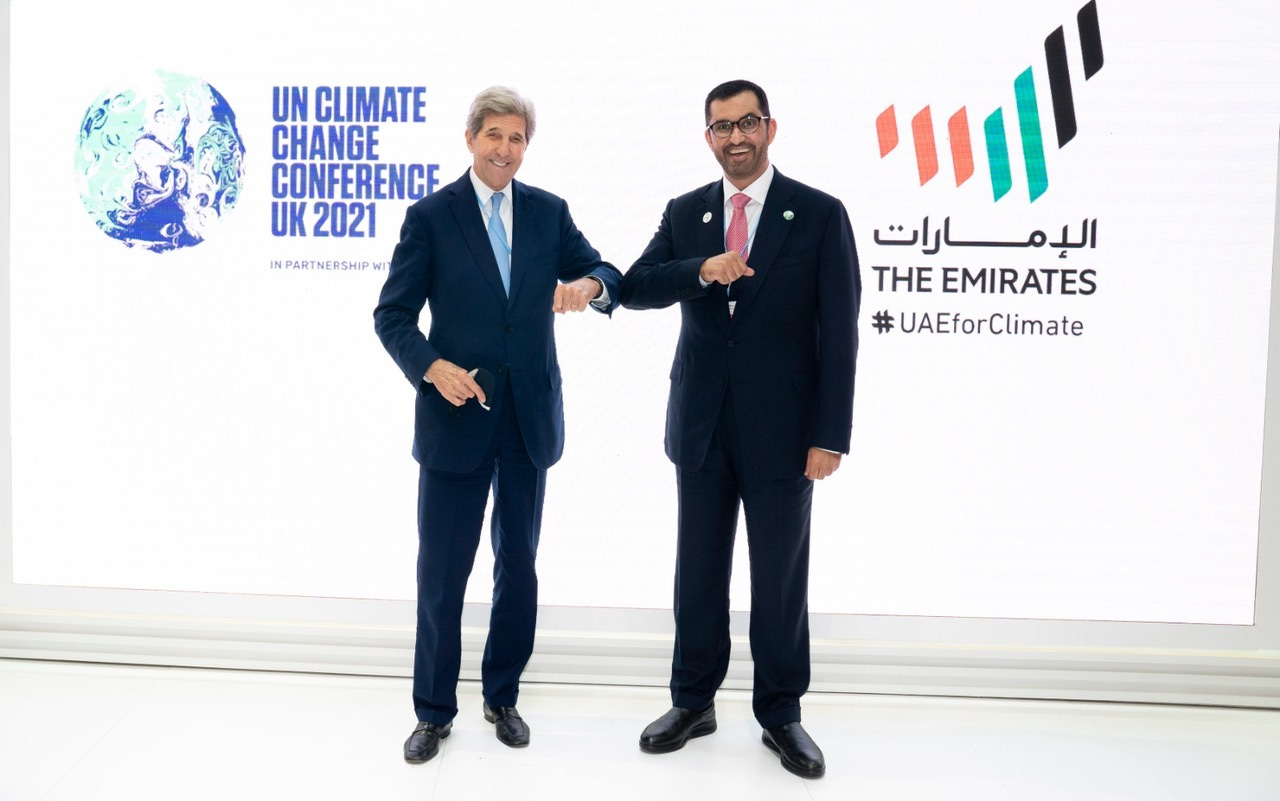Cop-Out
COP28 looks set to devolve into a farce.
“Meetings are indispensable when you don't want to do anything.” – Ken Galbraith
In the latest edition of The Grant Williams Podcast, Christopher Joye, Chief Investment Officer and Portfolio Manager of Coolabah Capital, makes an underappreciated observation about the inflationary effects of the modern corporate organizational chart. Over the past few decades, an explosion of “mandatory” jobs that contribute little to the creation of tangible products or services—in other words, to productivity—have invaded large companies like a cancer. Joye points to the big banks, which have seen a massive increase in “compliance departments, risk departments, legal departments, government affairs departments, ESG departments, [and] human resources departments,” leading to the inevitable result that “we are producing similar products with many more people.”
Once spawned, none of these positions can really ever be eliminated, and it necessarily follows that the creation of the same increment of GDP now requires a far higher net wage expenditure. A secondary effect of so many unproductive roles is the dwindling number of qualified candidates to fill the productive ones. These observations form the basis of Joye’s view that we should expect inflation to be a tad stickier than most are modeling.
We would extend Joye’s thinking by pointing out another troubling trend in Western labor markets: that the definition of “doing work” has been blurred with “attending meetings.” As a general rule, meetings are a giant waste of time, and yet nothing makes an employee occupying an unproductive job feel more productive than being invited to one. A packed calendar is the sign of an important person, after all, and what better way to kill time until you can go home and attend your evening meetings with the team in Asia?
In our view, there are only two reasons to have a meeting: to make a decision or to inform others of a recent one. Neither embodiment should take more than 15 minutes. Further, the greater the number of people involved in an ill-defined meeting, the more likely it is to devolve into a jamboree of grievances. These uncontroversial statements are intuitive and universal, making the collective and continued participation in meetings all the more puzzling. As long-time readers of Doomberg will know, we view our staunch refusal to attend meetings to be a key pillar of our success.
In November, the world will descend upon the United Arab Emirates (UAE) for the 28th Conference of the Parties to the UN Framework Convention on Climate Change (COP28), a meeting expected to be attended by “over 140 heads of state, senior government leaders, over 70,000 participants and more than 5,000 media professionals.” Ostensibly, COP meetings “primarily revolve around negotiations and debates. The aim is to review progress towards the overall goal of the UNFCCC: to limit climate change.” In reality, these events are characterized by a circus-like atmosphere where the talk-do ratio approaches infinity. In the rare circumstance that anything meaningful is agreed to, such commitments are promptly ignored once the crowd disperses, subsequently serving as the foundation for countless “why are we missing our commitments?” agenda items at future annual gatherings.
The 2023 edition of this bizarre ritual looks set to be particularly ludicrous, as a series of raging controversies has led to calls for a boycott and a general feeling of anger and disappointment among the professional environmentalist class. What is the source of this angst? Will COP28 be remembered as the moment when the ESG movement finally collapses under its own bloat? Let’s set the table for a particularly satiating feast of schadenfreude.



